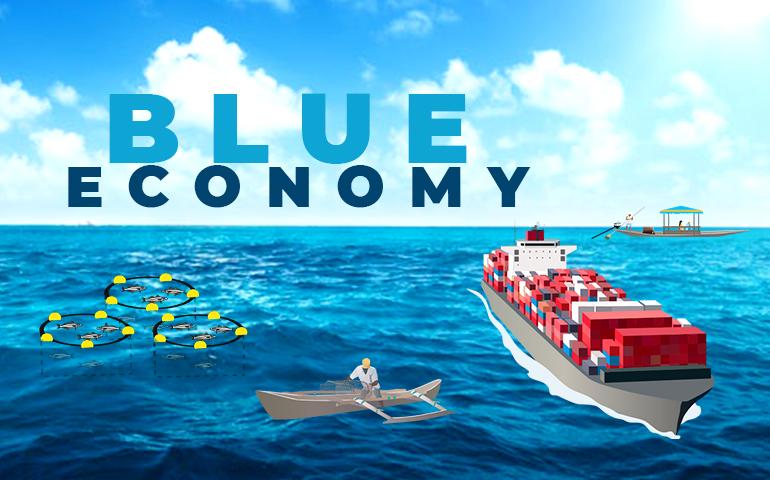Nigeria loses $23bn annually to untapped blue economy, smuggling, weak policies – SEREC

Nigeria loses about $23 billion every year to untapped blue economy potential, weak policy implementation, widespread smuggling, and poor enforcement of maritime laws, according to the Sea Empowerment and Research Centre (SEREC).
In its policy brief titled “Blue Economy, Broken Promises: Where Are Nigeria’s Maritime Billions?”, SEREC revealed that despite projections by the Nigerian Maritime Administration and Safety Agency (NIMASA) that the sector could generate over $20 billion annually, these opportunities remain largely unrealised.
The report noted that smuggling and illicit activities alone cost the country more than $3 billion annually, while the collapse of the Ajaokuta Steel Complex and related industries has crippled shipbuilding, repair yards, and port infrastructure.
SEREC also highlighted Nigeria’s failure to tap into the global maritime labour market, pointing to the Philippines, which earns $6 billion annually from seafarer remittances, despite having a smaller youth population. It identified congested western ports, abandoned fishing harbours, and underdeveloped inland waterways as barriers to trade and growth.
The centre further warned that weak enforcement of the Cabotage Act and Local Content Law has left foreign vessels in control of coastal and offshore trade, draining jobs and profits that should benefit Nigerians.
To reverse the trend, SEREC recommended the establishment of a Blue Economy Delivery Unit under the Presidency with clear performance targets, the revival of strategic assets such as Ajaokuta and Delta Steel, expanded seafarer training, and stronger collaboration between the Navy, Customs, and NIMASA to combat smuggling.
“Where are Nigeria’s maritime billions? Bold action must now replace political promises. If Nigeria harnesses even a fraction of its maritime wealth, it can diversify the economy, create jobs, and restore public confidence,” the report stated.










